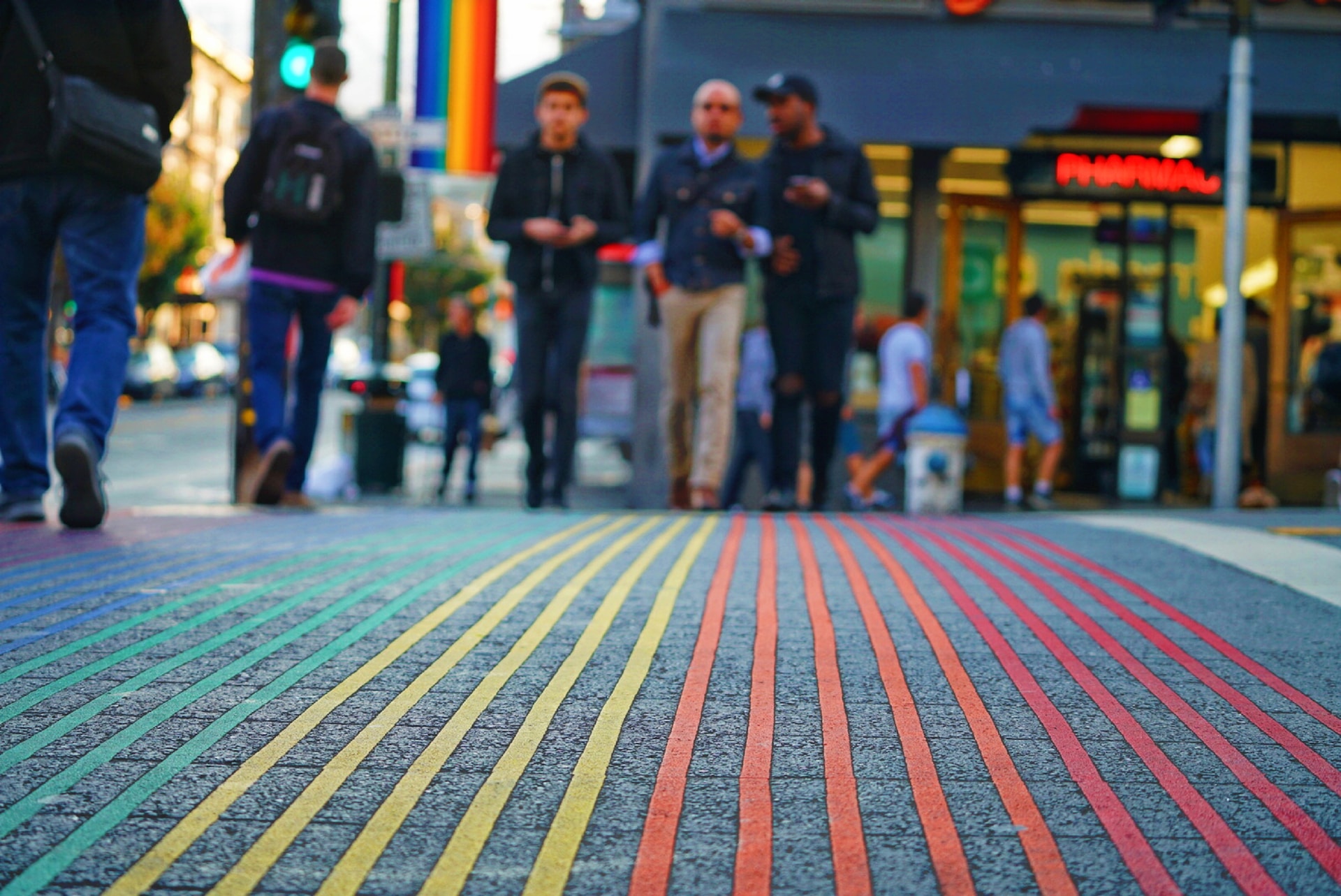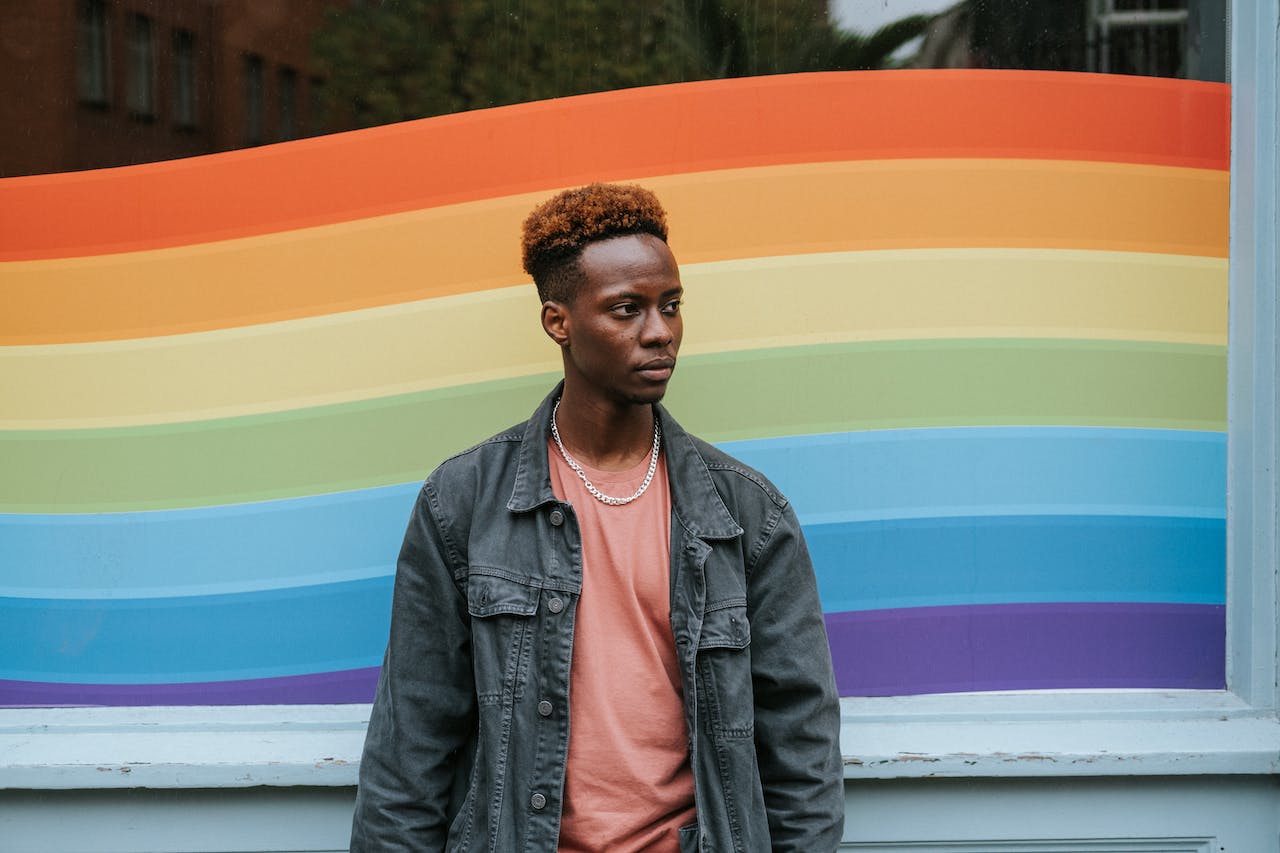In a recent televised exchange on Fox News, Republican House Speaker Mike Johnson of Louisiana found himself addressing a storm of criticism stemming from remarks that many have labeled as anti-LGBTQ+. In defense of his views, Johnson urged critics to “Go pick up a Bible.”
Clarifying His Perspective Later, on a Thursday follow-up, Johnson endeavored to clarify his position, stating, “I harbor genuine affection for all individuals, irrespective of their personal life decisions. My objections aren’t against individuals but are based on my faith. I’m rooted in Christian beliefs.” He further highlighted that his faith-centric values are central to his identity, and he doesn’t hesitate to voice them.
Controversial Path to the Speakership Mike Johnson’s journey to becoming the House Speaker wasn’t smooth. His background, both as a legal representative for staunch Christian entities and as a state lawmaker, has often veered toward hardline standpoints, particularly against LGBTQ+ rights and abortion. Notably, his association with the Alliance Defending Freedom (ADF) drew sharp criticism. The Southern Poverty Law Center (SPLC) labeled ADF a hate group, pointing to their support for recriminalizing LGBTQ+ consensual acts and claims of a ‘homosexual agenda’ threatening Christian values. The ADF, however, disputes this characterization.

Past Remarks Resurface During the Fox News interview, host Sean Hannity pressed Johnson on his previous statements, particularly those where he termed homosexuality as “sinful” and “destructive.” Johnson, defending his earlier roles, recollected the times from the early 2000s when numerous states redefined marriage. He shared, “My duty was to legally defend religious freedoms, and that led me to advocate for those cases.”
Provocative Opinions Johnson hasn’t been a stranger to controversy, having described homosexuality as “inherently unnatural.” He has also suggested that it might open legal doors for “polygamists, polyamorists, and paedophiles.” In an article back in 2004, he went as far as to warn that recognizing same-sex marriages could lead to “sexual anarchy.”
US Progress on LGBTQ+ Rights While figures like Johnson continue to voice their conservative views, the nation has witnessed a broader acceptance of LGBTQ+ rights. A landmark achievement came in 2015 with the nationwide legalization of same-sex marriage. Moreover, in a significant move in December 2022, President Joe Biden introduced a bipartisan law to protect these marriages, especially in light of increasing conservative opposition and violence towards the LGBTQ+ community.
The Ongoing Debate As the conversation around LGBTQ+ rights remains a prominent national topic, individuals like Mike Johnson serve as focal points, emphasizing the multifaceted and sometimes conflicting opinions within the US.
©unitedradiance.org










